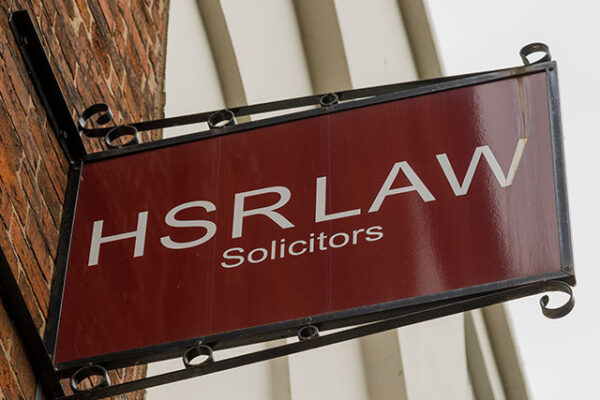Whether you require assistance with a personal or business dispute, HSR Law Solicitors are here to help.
Our Litigation team works closely with our Commercial, Probate and Agricultural Solicitors to ensure that you receive an exceptional service, tailored to your individual circumstances.
For more details on how we can assist you or your business, contact our Litigation team today.
Our Dispute Resolution team can help you with:
- Partnership Disputes
- Repossession of Commercial Property
- Contested Probate
- Construction Disputes
- Trust Disputes
- TLATA Claims
- Defamation / Slander
- High Value Debt Recovery
- Neighbour Disputes
- Residential Property Possession Claims
Your Dispute Resolution Team
Our Latest News
- Am I Eligible for the Right to Buy Scheme? Key Rules ExplainedThe Right to Buy scheme helps council tenants purchase their homes at a discount, but not everyone qualifies. In this guide, Ryan Morgan, Partner and Residential Conveyancing Solicitor at HSR Law, explains who can apply, how discounts are calculated, and how our team can support you through the process from start to completion.
- Should I Replace an Enduring Power of Attorney with a Lasting Power of Attorney?If you created an Enduring Power of Attorney (EPA) before October 2007, it remains legally valid and does not need replacing. However, many people now choose to make a Lasting Power of Attorney (LPA) for added flexibility, including health and welfare decisions. Our specialist solicitors can advise on whether an LPA is right for you and guide you through the full creation and registration process.
- Lasting Powers of Attorney Certificate Provider – What you need to knowA Lasting Power of Attorney must include a certificate signed by an independent person confirming the donor understands and agrees freely to the LPA. Choosing the right certificate provider is essential to avoid rejection or delay. HSR Law can guide and act as your certificate provider.
- Graham Bembridge retires after more than 50 years in the Legal ProfessionGraham is taking his well-earned retirement from the firm after 50+ years in the Legal Profession in Gainsborough.
- Protecting your Estate against future care costs – “Can I transfer my property to my children to avoid paying care fees?”A question we often get asked is whether clients are able to gift their assets away to their children to avoid this asset being taken into consideration if they required residential care.
- Share Rights & Classes: What your investment really says about you!If you are dealing with specific situations regarding share classes or rights, it’s often advisable to seek legal advice to ensure the Articles of Association accurately reflect the desired governance structure.









